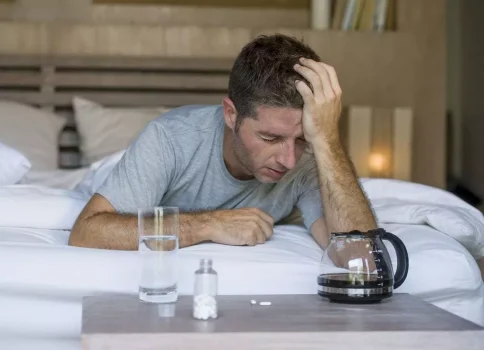
But the truth is, withdrawing from an addictive substance is only the first step in the process. By challenging this stereotype, we can better understand the complexities of addiction and support individuals in seeking the help they need to maintain or rebuild their lives. By acknowledging that addiction recovery is a complex and sometimes unpredictable journey, we can better support those in recovery and celebrate their progress, even when faced with setbacks. These 10 misconceptions hinder effective treatment and contribute to stigma, deterring seeking help and staying in treatment long enough.
Addiction Treatment Programs
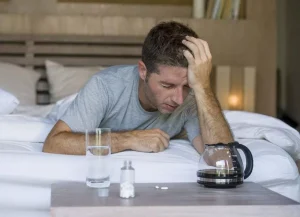
In AUD, MATs are used in fewer than 8 percent of cases—the real problem. I know because I’ve done it thousands of times.” Addiction changes the brain, making quitting difficult. Nora Volkow, head of the National Institute on Drug Abuse, and other experts have argued that free will is lost with myths about addiction and recovery addiction because the addict needs drugs like others need food and water. If medication-assisted treatment (MAT) is discontinued, all bets are off unless the person has already done considerable psychological work as well. Over my 50-year career as an addiction researcher, these are the most common misconceptions I’ve heard about people with alcohol and drug addictions.
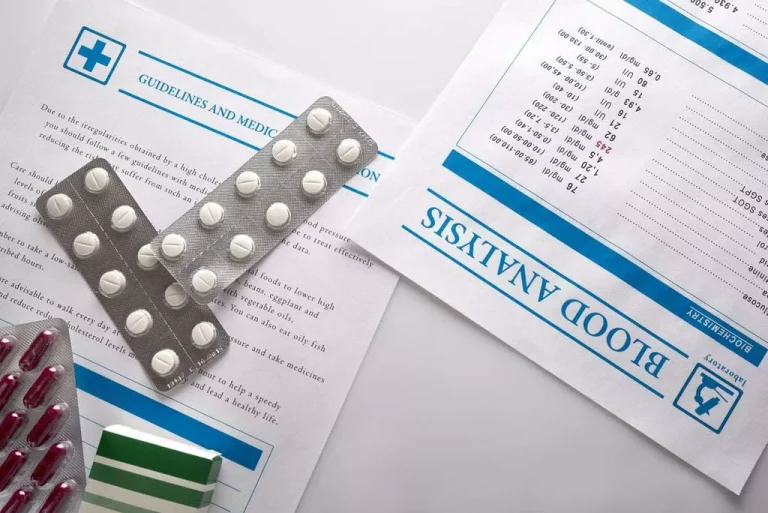
Related Content
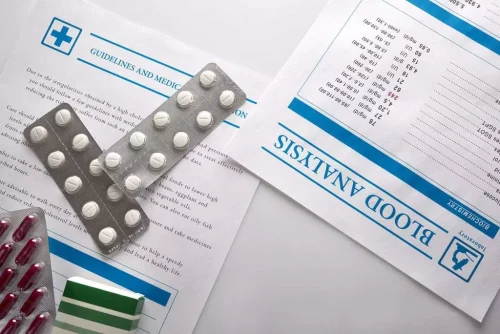
Think of it like learning to ride a bike – most of us fall a few times before we master the https://ecosoberhouse.com/ art of two-wheeled transportation. Recovery from addiction is a similar process of learning, adapting, and sometimes stumbling before finding steady footing. High-functioning addicts exist in all walks of life, from the boardroom to the classroom, the hospital to the courthouse.
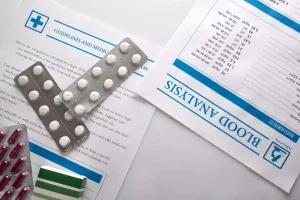
Myth #4: It Doesn’t Count as Treatment if I Need Medication
The data illustrates that addiction can affect individuals regardless of their financial stability or background. Additionally, factors like mental health and environment play significant roles in addiction risk. Understanding these behavioral aspects reveals that addiction involves more than individual choice; it is a complex interplay of various elements that can diminish a person’s capacity to exert willpower. Substance abuse and addiction are topics surrounded by countless myths and misinformation.
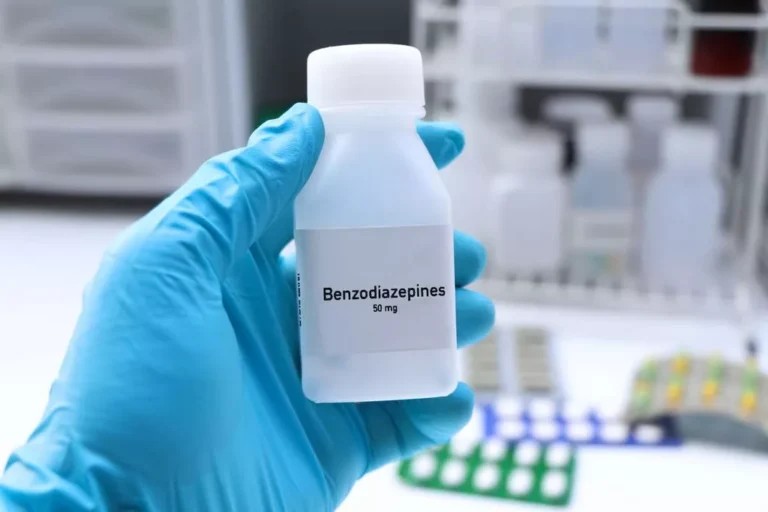
Myth #2: I Don’t Need Treatment for Withdrawal Symptoms
It is crucial to recognize that addiction is a chronic disease that can affect anyone, regardless of background or circumstances. Early intervention, comprehensive treatment, and ongoing support are essential components of a successful recovery plan. The belief that individuals can quit their addiction “cold turkey” without any professional help or treatment is both unrealistic and potentially dangerous. While it is true that some individuals may be able to stop using substances without formal treatment, for many, the withdrawal symptoms and cravings can be severe and even life-threatening. Detoxification helps individuals overcome physical dependence on substances, but it does not address the underlying psychological, emotional, and behavioral issues that contribute to addiction.
- Some people think that an opioid addiction is just psychological or a weakness of character, and that people who are addicted simply don’t have the willpower to stop.
- At Gateway, we don’t offer a one-size-fits-all approach to treatment because we believe that each person is an individual who needs individual attention.
- You don’t need to lose everything in your life to recover, and waiting until your addiction destroys the rest of your life may be too late.
- Early intervention can prevent the devastating consequences that often accompany prolonged substance abuse.
- Support groups, therapy sessions, and regular check-ins with healthcare providers can provide the scaffolding needed to maintain sobriety in the face of life’s challenges.
Research shows that medication-based treatments are the most effective treatment. Opioid use disorder is a medical condition just like depression, diabetes or hypertension, and just like those conditions, it is most effectively treated with a combination of medication and counseling. Understanding addiction as a chronic disease, much like diabetes or heart disease, is crucial for developing empathy and effective treatment approaches. Just as we wouldn’t shame someone for their high blood pressure, we shouldn’t stigmatize those grappling with addiction. It’s time we reframe our understanding of addiction and morality, recognizing the complex nature of substance use disorders. Once your body is no longer chemically dependent on alcohol or drugs, more work begins.
- It’s like being dealt a hand in poker – some people start with a pair of aces, while others are left with a measly two and seven off-suit.
- Understanding addiction as a chronic disease, much like diabetes or heart disease, is crucial for developing empathy and effective treatment approaches.
- This idea suggests that a person must experience severe negative consequences, such as losing their job, relationships, or health, before they will be motivated to seek help for their addiction.
